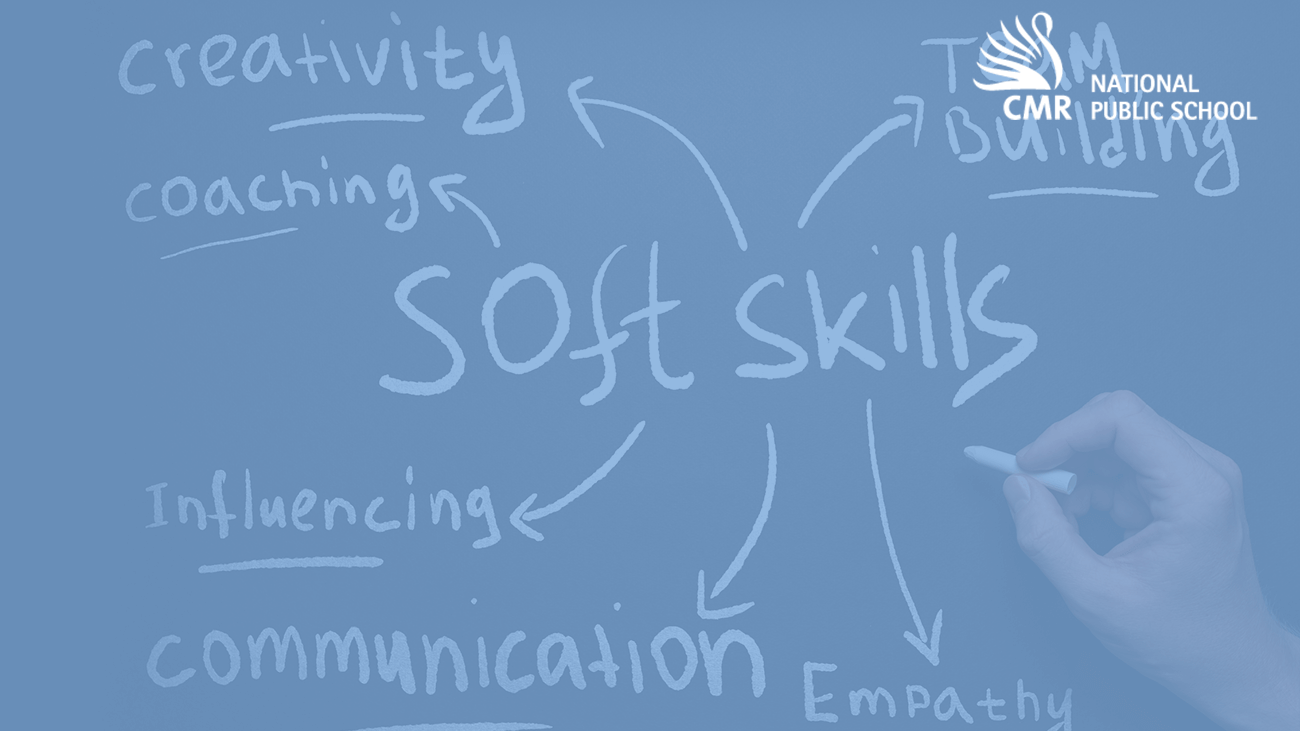Have you ever wondered about how important bees are for our ecosystem? Though small in size, the part they play in the ecosystem is enormous. The talk on “Beekeeping” by Dr. Anita Mohandas on 5th August enriched the students with valuable information about bees and their diverse kinds. The talk focused on the ecosystem and the importance of the conservation of bees to create a sustainable ecosystem. Beekeeping started 15,000 years ago but it got acknowledgment and recognition after LL Langstroth the Father of Modern Beekeeping brought it into the limelight.

Dr. Anita Mohandas is the Managing Director of Global Scientific Research Foundation and also of Bee Global which promotes the conservation of honey bees and also promotes various products which are derived from the bees. With a demonstrated history of working in the health, wellness and fitness industry, Dr. Anita Mohandas is Involved in ‘Scientific Beekeeping Training’ for Bee management and biodiversity conservation in association with KVIC, Bangalore.
 Species which are found on the surface of the planet Earth is largely categorized under 6 headings, namely- aquatic, trees, insects, birds, animals and humans and honey bees are categorized under insects. They are also known as “social insects” because of their way of living. Bees can be further categorised under 3 main divisions- white, domesticated and stingless!
Species which are found on the surface of the planet Earth is largely categorized under 6 headings, namely- aquatic, trees, insects, birds, animals and humans and honey bees are categorized under insects. They are also known as “social insects” because of their way of living. Bees can be further categorised under 3 main divisions- white, domesticated and stingless!
While we human beings mostly live under the impression that all bees are dangerous, there is a certain type of bees which are called the stingless bees, who lacks the ability to harm others. They are mostly small in size and they hover from one small flower to another in order to collect nectar. The nectar they collect is eventually turned into honey. The honey derived from the stingless bees is the costliest and it is used in Ayurveda treatment for its valuable properties.
 Bees derive their protein from the pollen and carbohydrate from the honey that they create from the pollen. Bees live in a colony and have various divisions within themselves just as we do! They too have “social casts” and this social cast is further divided into- workers, drones and the Queen bee. The worker bees are mostly sterile female bees. These worker bees are subdivided into- nurses, cleaners, foragers and many more. They mostly take care of the hive and gather nectar and attend to the need of the queen bee. The drone bees are male sterile bees and their purpose is to mate with the queen and as soon as it is done they are killed by others for they have no other role to play other than helping in breeding. Bees help in the pollination of flowers.
Bees derive their protein from the pollen and carbohydrate from the honey that they create from the pollen. Bees live in a colony and have various divisions within themselves just as we do! They too have “social casts” and this social cast is further divided into- workers, drones and the Queen bee. The worker bees are mostly sterile female bees. These worker bees are subdivided into- nurses, cleaners, foragers and many more. They mostly take care of the hive and gather nectar and attend to the need of the queen bee. The drone bees are male sterile bees and their purpose is to mate with the queen and as soon as it is done they are killed by others for they have no other role to play other than helping in breeding. Bees help in the pollination of flowers.
The talk was indeed enlightening and eye-opening. As human beings though we have everything within our reach yet, there are times where we are in complete denial about certain things and this talk actually helped us realize how important every single organism is to the ecosystem.
Albert Einstein “If the bee disappeared off the surface of the globe then man would only have four years left to live.”
-Ankita Hait


